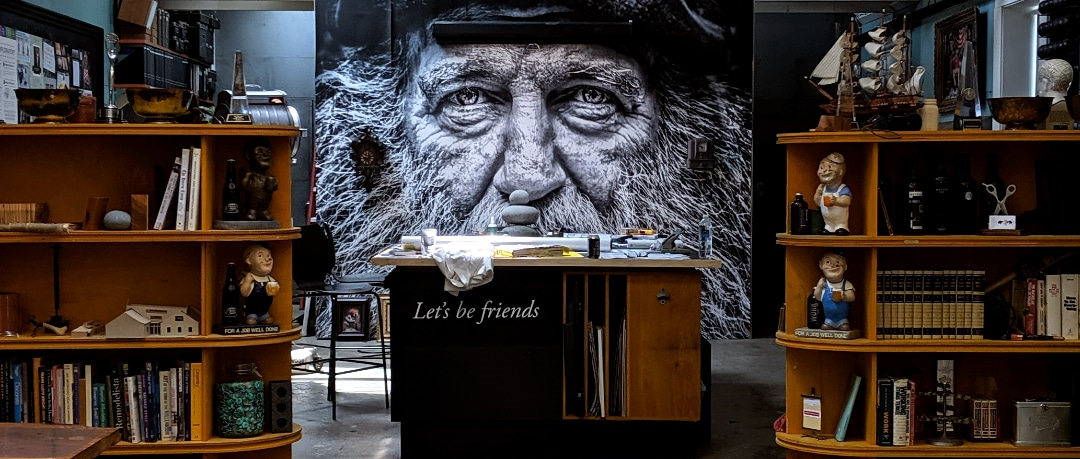
Community over competition: An ecosystem builder’s approach
For a few years now, I have been deeply entrenched in the world of entrepreneurial ecosystem building. You’ll find me in seventh heaven when I get to spend time with like-minded peers whose eyes brighten up when I casually sprinkle the words ecosystem building into a conversation! And then there’s the other 99% whose faces blank at the sound of these seven syllables. And I can’t blame them. I imagine it’s the equivalent of me feigning interest in an expert conversation about model trains or – quite frankly – trying to decipher the quarterly account summary of my IRA.
I have looked at different schools of thought about ecosystem building to get a better sense of frameworks and parameters therein. By nature, this type of analysis remains hypothetical; it fails to get at the heart of ecosystem building. In talking to potential partners in 2019, I felt like I needed a tangible example that demonstrates the mindset and personal dedication of genuine ecosystem builders. And I kept coming back to the example of coworking.
Models and frameworks, and what they fall short of
To recap Ecosystem Building 101, the majority of schools of thought approach entrepreneurial ecosystems at a national level considering determinants such as
- Market conditions (GDP growth, procurement, financial resources)
- Political, legal and institutional context (particularly relevant when comparing entrepreneurial ecosystems of different countries, particularly PARTICULARLY important with regards to emerging countries)
- National policy.
The research behind these reports, frameworks and analyses does not only deliver data-driven insights but equips everyone looking to dive deeper into the field with the tools and resources to do so. Some of these models mention culture as one parameter but in my experience, none shed nearly sufficient light on the why’s and how’s of this emerging profession.
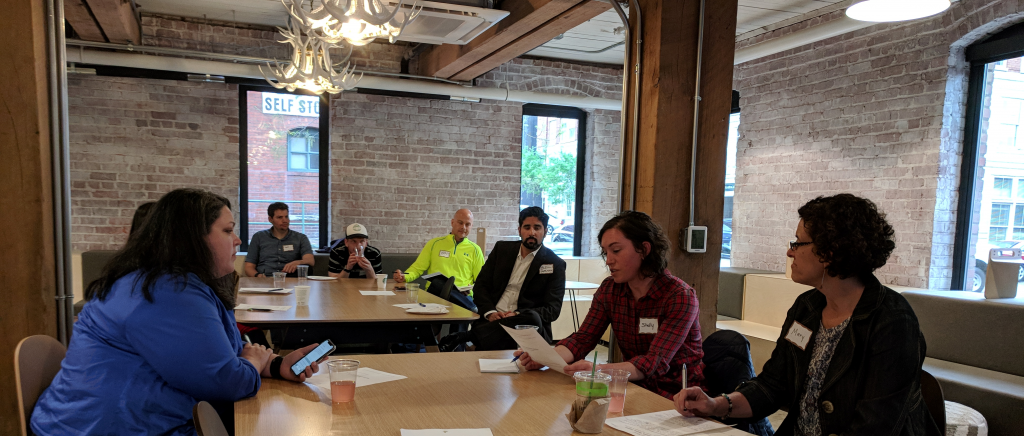
To illustrate the importance of culture, a mindset of abundance and collaboration, I found myself leaning on the example of coworking – which I dabbled in professionally for a few months in 2016 – to highlight an ecosystem builders’ approach to community. Keep in mind that you could replace coworking in this example with most other industries in the startup and social enterprise sphere and you will find these rules apply across the board.
Community > competition, or how to grow the pie
… this is how I explain ecosystem building.
In Richmond, VA, a staggering amount of coworking spaces have opened up over the last five years. At first sight, they seem alike and are competing for members, the best locations, partners and larger clients who want to rent their space for events etc.
A vision greater than yourself
What if – instead of competing – all coworking owners and their community managers got together and discussed what greater vision each are striving for? Beyond staying in business and making a profit, what is it that they want their city and coworking scene in particular to be known for? (Introducing the pie.)
Maybe they want their city to become the coworking capital of their state, country, or region.
Or the best place to start a company thanks to affordable workspace and well connected community of talent.
Or the mecca for creatives thanks to accessible studio spaces and and a thriving creative class.
For all I care, the big vision of coworking space owners could be “The place with the best tattooed coworkers” (which – by the way – wouldn’t be far off in Richmond, VA).
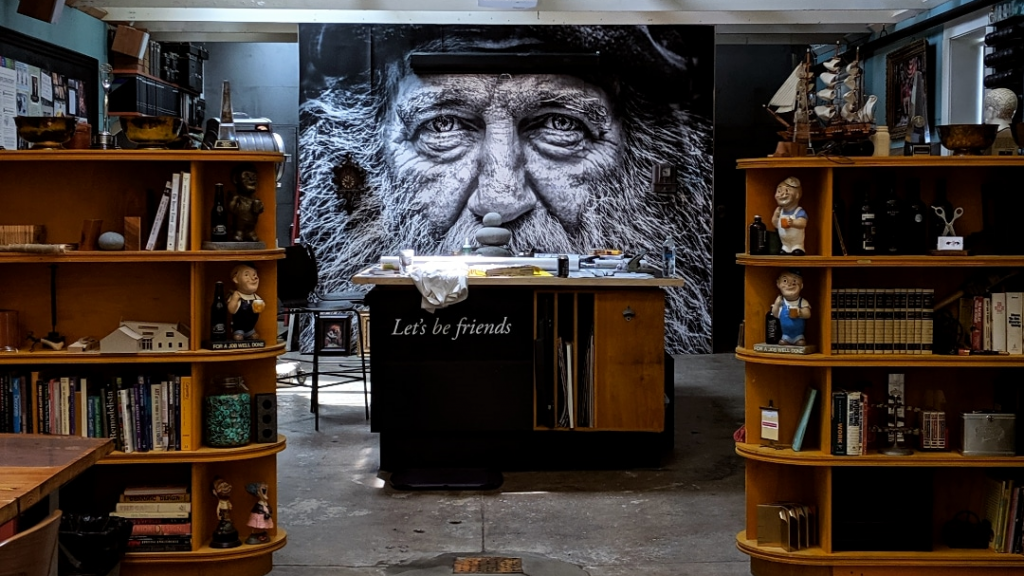
The point is: Only if each coworking owner/manager puts her/his wildest dreams and ambitions on the table are they able to create a vision that is greater than themselves. They will quickly realize that these pies in the sky are near impossible to achieve as a single coworking space, but if it’s a vision that excites everyone in the room about their industry and what they can collectively accomplish, chances are everybody buys in.
Leverage each player’s unique strengths
With a big hairy audacious goal that has everyone’s pulse pumping with excitement, it’s time to have a respectful conversation about how every space wants to contribute to that vision. Even though coworking spaces might look the same at first sight, there are subtle – and not so subtle – differences. Some focus on creatives, non-profits, makers (think potters, jewelry makers, etc.), service providers; yet others might tailor their offerings to high-growth startups, the tech sector or small businesses; yet others position themselves as the right place for working parents, female entrepreneurs, health and wellness professionals, so on and so forth. In other words, each space brings a unique set of strengths, interests and specializations. The conversation is not about giving anything up or playing down. On the contrary, with all assets on the table, how can the community capitalize on these strengths? By focusing on what each space does best, how can the group as a whole leverage these unique spaces to drive their overall vision?
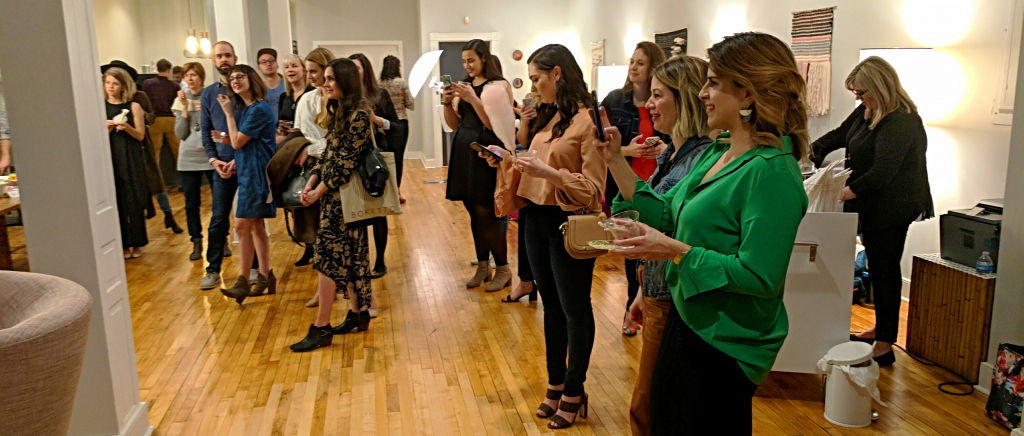
In the world of coworking, this might mean creating a map or overview of all the spaces in one city to help guide newcomers in finding the right space for them. They might consider co-hosting events relevant to co-working members across all spaces, and rotating locations. Another idea might be to start acting as a network of coworking spaces with mutual benefits for members. The different coworking communities can join forces to become more attractive to national movements, service providers and partners.
What’s in it for you?
As an individual coworking space, you don’t just make yourself more attractive as a welcoming and open-minded space; you are actively nurturing a mindset of collaboration, shared values and growth that will benefit not just each individual space but the community of co-workers, your city and the people you are serving at large. Congratulations! You just created something bigger than yourself. You grew the pie. You acted like an ecosystem builder!
The power of genuine intention
Pursuing a vision greater than yourself with like-minded peers and the intention to improve your community: That’s what we call ecosystem building. It requires trust, honesty and genuine intentions to see your city and community thrive. For this approach to work, it is quintessential for everyone involved to understand that we can do so much more as a community than any single space on their own. The key? Be clear about your intentions and ensure to make an invitation to ALL players in the ecosystem, not just the ones you like or know of. Remember that other players might not look like you, they might work with a different demographic or not show up on your radar. Dispatch with your pre-conceived notion and ensure that everyone is invited to the table.
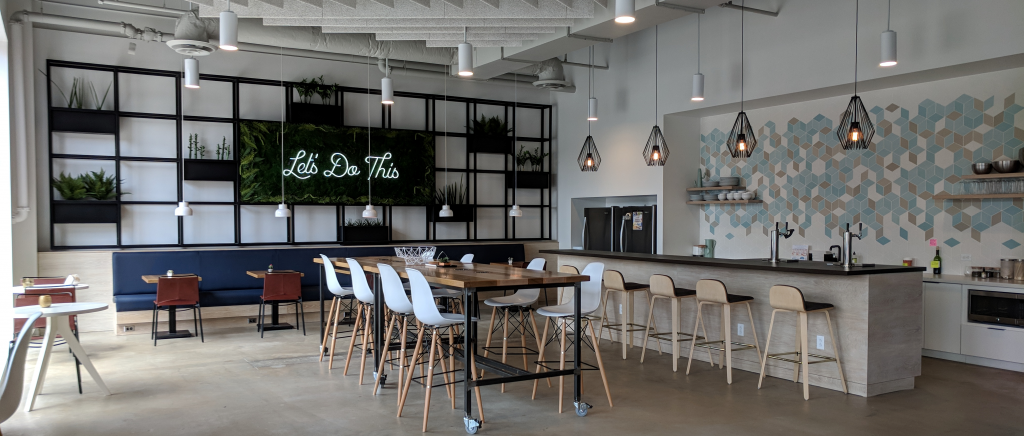
Not everybody will want to come along; some players are likely to remain protective or even defensive for fear of losing their competitive edge. The truth is, they may never come around. And that’s ok. Their intentions are likely aligned with yours. But don’t let that stop you! Go ahead and work with those who get it and you might just convince the nay-sayers by creating something unique and powerful that no other city can copy!
Bringing people to the table because it will serve the greater good has been a surprising challenge in my work as an ecosystem builder. Every now and then, I come across actors who are suspicious of my approach of community over competition; they suspect it is a clever twist to sell or get inside-knowledge. Making your intentions clear lays a foundation for trust and offers a new perspective on how to run a business while building a community (to learn more about this infinite mindset, check out the Infinite Mindset of Ecosystem Building).
The notion community over competition was coined by the wonderful Natalie Franke, founder of Rising Tide Society. Head over to the October logbook for details!
The coworking spaces mentioned in this post do not represent a complete list. I highlighted spaces I am personally familiar with (and had visuals of). For a full list, please head to Activation Capital.